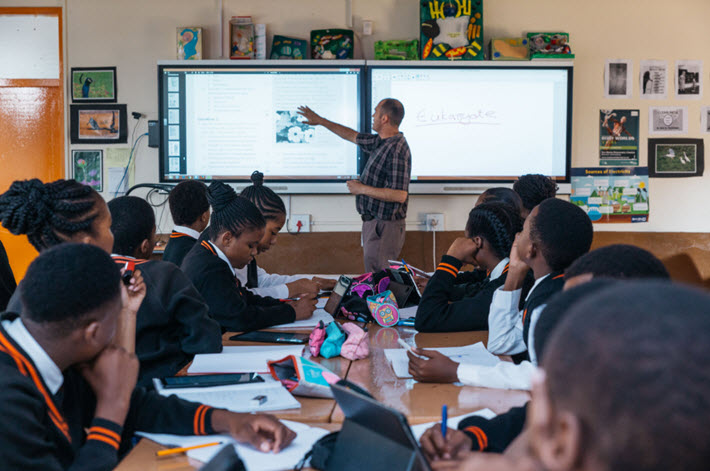Small and medium-sized enterprises (SMEs) in Africa are the backbone of the continent’s economy, providing as many as 80 percent of jobs in some countries. However, these businesses often face unique challenges, including limited market and resource access and infrastructure gaps. A new generation of young African entrepreneurs has arrived and is using artificial intelligence (AI) to create solutions that can benefit their communities.
One area where startups are making inroads is agriculture. For instance, Kenya’s Twiga Foods and Nigeria’s Releaf use AI-powered platforms to connect smallholder farmers to buyers, improve supply chains, and diagnose crop diseases. Farmers can work faster thanks to these innovations. They can also earn a better price for their goods, equally thanks to these innovations, as there are fewer middlemen and waste.
Youth-led startups are leveraging AI chatbots and virtual assistants in customer service to enable SMEs to remain active 24/7. To illustrate, South Africa’s HelloPaisa is leveraging AI to provide instant help for financial transactions to small businesses enabling them serve their customers efficiently – even in several languages.
Startups in healthcare are using AI to improve diagnostics and patient outreach. Similarly, AI is making its mark in the retail sector, where recommendation engines help SMEs personalize and improve sales.
Young African AI entrepreneurs may face emerging challenges. These can include limited access to reliable internet, quality data, and funding. But homegrown innovations, thanks to their resilience and creativity, are revolutionizing the landscape of SME.
Entrepreneurs in Africa are building AI solutions to local problems, creating jobs, and improving livelihoods with their AI solutions. No high-tech lab is required to demonstrate the customer value of an African AI project.


